Andrea Bocelli
出生在托斯卡纳的意大利盲人歌唱家安德烈·波切利被称为“第四大男高音”,他在古典轻歌剧中最激动人心的嗓音,甚至在歌剧界也是颇负盛名。他参与了帕瓦洛蒂(Pavarotti)1992年《Miserere》金曲专辑的录制和意大利流行乐坛泰斗级人物Zucchero Fornaciari 1993年的世界巡唱,引起了国际性的关注。作为最成功的流行抒情歌手,他曾与席琳·迪翁(Celine Dion)、莎拉·布莱曼(Sarah Brightman)、艾罗斯·拉玛佐第(Eros Ramazzotti)等著名歌手录制对唱歌曲。 安德烈·波切利(Andrea Bocelli,1958年9月22日-)是一位意大利盲人歌手。一位古典跨界音乐男高音。出生不久即被诊断为青光眼,1970年十二岁时,于一场足球比赛中发生事故而导致全盲。但凭其超群的歌声及苦学精神,1980年中学毕业,入意大利比萨大学(Università di Pisa)学习法律,后取得法律博士学位。曾做过一年律师,后于1987年开始在酒吧兼差歌唱,因而开启了他的音乐生涯。 安德烈·波切利和英国女高音莎拉·布莱曼,新西兰女高音海莉·薇思特拉等同属古典音乐与流行音乐的跨界音乐歌唱家。波切利得到过最辉煌时期的卢奇亚诺·帕瓦罗蒂的指导,曾被誉为帕瓦罗蒂的接班人。 波切利的歌声很快的就引起了国际乐坛的注意,他在1996年就以与莎拉·布莱曼(Sarah Brightman)所合唱的动人歌曲《告别的时刻》响彻国际乐坛,这首单曲蝉联德国流行单曲榜14周冠军,在全世界卖出300万张单曲,最后成了德国和比利时有史以来最畅销的单曲。《告别时刻》1997年5月于英国发行时,在单曲排行榜排名第二,并有了英国唱片业的黄金认证。 波切利在全球的唱片销量已经超过7千万张,也使得他成为了历史上唱片最畅销的古典歌手之一。 2010年,他在上海世博会开幕式上演唱。 2011年5月, 波切利邀请新西兰女高音海莉·薇思特拉一同在台北和北京等地举行真爱奇迹亚洲演唱会,他们曾经在海莉的国际专辑《奇幻历险》和实况转播节目中有过合作。 倘若“歌唱是宇宙共通的心灵语言”,Andrea Bocelli/安德烈.波伽利就是世界上臻于完美的优选示范。的确,他的歌声能够穿越语言隔阂,直触人类共有的情感与灵魂。这宝贵天赋,不仅让他成为古典音乐史上最畅销艺人,更在流行音乐版图中无往不利,全球专辑的总销量已超过5千万张,而对他而言这还只是个开始。 Andrea Bocelli has been called "the fourth tenor"; the blind, Tuscan-born, vocalist has emerged as one of the most exciting voices in the arena of light classical vocals and has made inroads into the world of opera as well. His participation in Pavarotti's 1992 hit Miserere album and Zucchero Fornaciari's 1993 world tour brought him international attention. Bocelli has been most successful as a pop ballad singer, having recorded duets with Celine Dion, Sarah Brightman, and Eros Ramazzotti. Al Jarreau, who sang with Bocelli during "The Night of Proms" in November 1995, praised Bocelli with these words: "I have had the honor to sing with the most beautiful voice in the world." Bocelli grew up on farm in Lajatico, a rural village in Tuscany. Beginning piano lessons at the age of six, he later added flute and saxophone to his talents. Born with poor eyesight, he became totally blind at the age of 12 following a soccer accident. Despite his obvious musical talents, Bocelli did not consider a career in music until he had studied law at the University of Pisa and had earned a Doctor of Law degree. Inspired to pursue music, he studied with the famed tenor Franco Corelli, supporting himself by peforming in piano bars. Bocelli's first break as a singer came in 1992 when Fornaciari auditioned tenors to record a demo tape of Miserere, which he had co-written with Bono of the Irish rock group U2. Successfully passing the audition, Bocelli recorded the tune as a duet with Pavarotti. After touring with Fornaciari in 1993, Bocelli performed as a guest star in the Pavarotti International festival held in Modena in September 1994. In addition to performing solo and in a duet with Pavarotti, Bocelli sang with Bryan Adams, Andreas Vollenweider, and Nancy Gustavsson. In November 1995, Bocelli toured Holland, Belgium, Germany, Spain, and France on the pop "Night of Proms" bill, which also featured Al Jarreau, Bryan Ferry, Roger Hodgson of Supertramp, and John Miles. Bocelli's first two albums — 1994's Andrea Bocelli and 1996's Bocelli — showcased his operatic singing. His third effort, Viaggio Italiano (Italian Journey), featured famous arias and traditional songs from Naples. Although released only in Italy, the album sold more than 300,000 copies. With his fourth album, Romanza, released in 1997, Bocelli turned to pop music. The album included the hit "Time To Say Goodbye," recorded as a duet with Sarah Brightman. Bocelli continued to focus on pop balladry with his fifth album, Sogno, released in 1999, which featured a duet with Celine Dion on the David Foster and Carole Bayer Sager-penned tune, "The Prayer"; it sold more than ten million copies, received a Golden Globe award and led to Bocelli being nominated for a Grammy as best new artist. The early 2000s saw Bocelli making an attempt to win credibility in the world of mainstream opera, touring in a series of operatic appearances and releasing the album Verdi and taking lead roles in recorded versions of Tosca, La bohème, and Il trovatore. Some opera fans pointed to deficiencies in his partially microphone-formed technique, while others lauded his ability to bring new audiences to opera. Neither the admirers nor the detractors could ignore the sheer charisma that drew ordinary listeners to this genuine, unassuming vocal star.

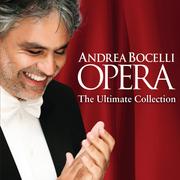
 Santa Claus llegó a la ciudad - Andrea Bocelli
Santa Claus llegó a la ciudad - Andrea Bocelli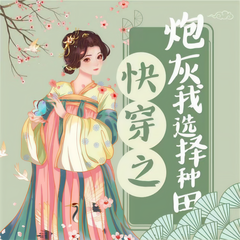
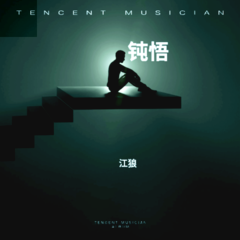
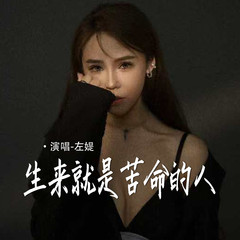

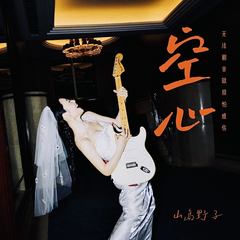
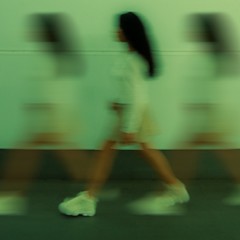
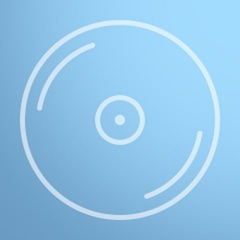
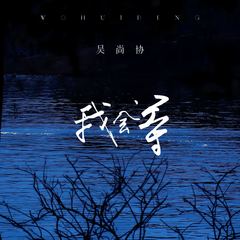
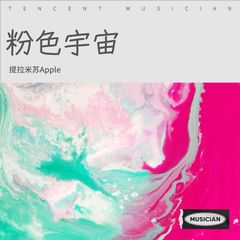

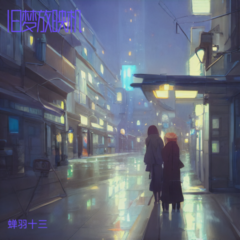
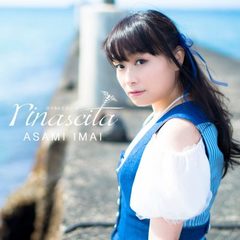
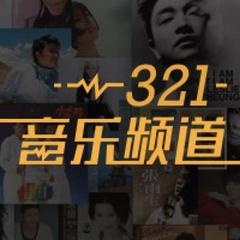
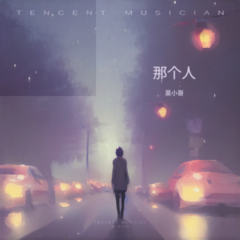
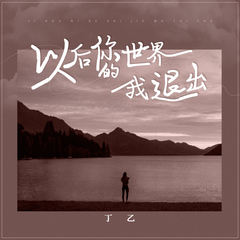
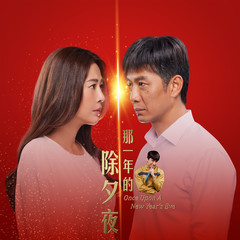













![[STATION] aespa《Dreams Come True》MV Teaser - aespa (에스파)](https://img2.kuwo.cn/wmvpic/324/79/54/2120387380.jpg?imageView2/1/w/195/h/130/format/jpg/q/60)





